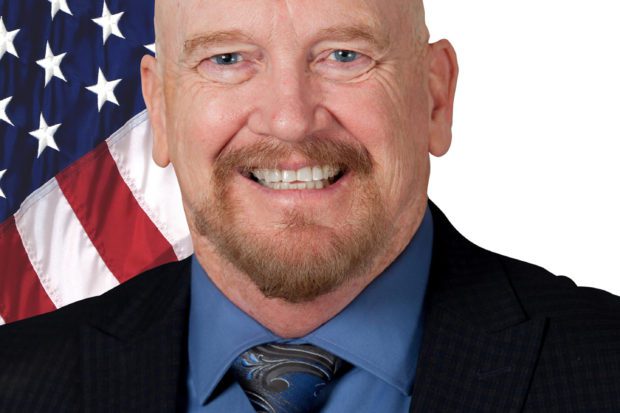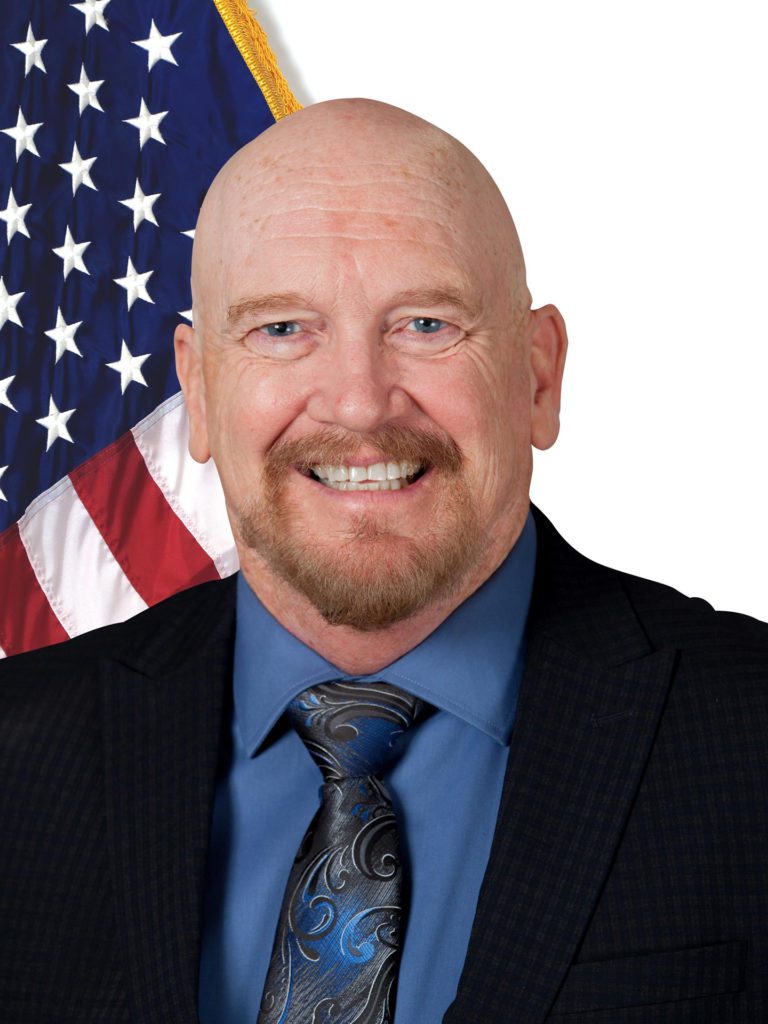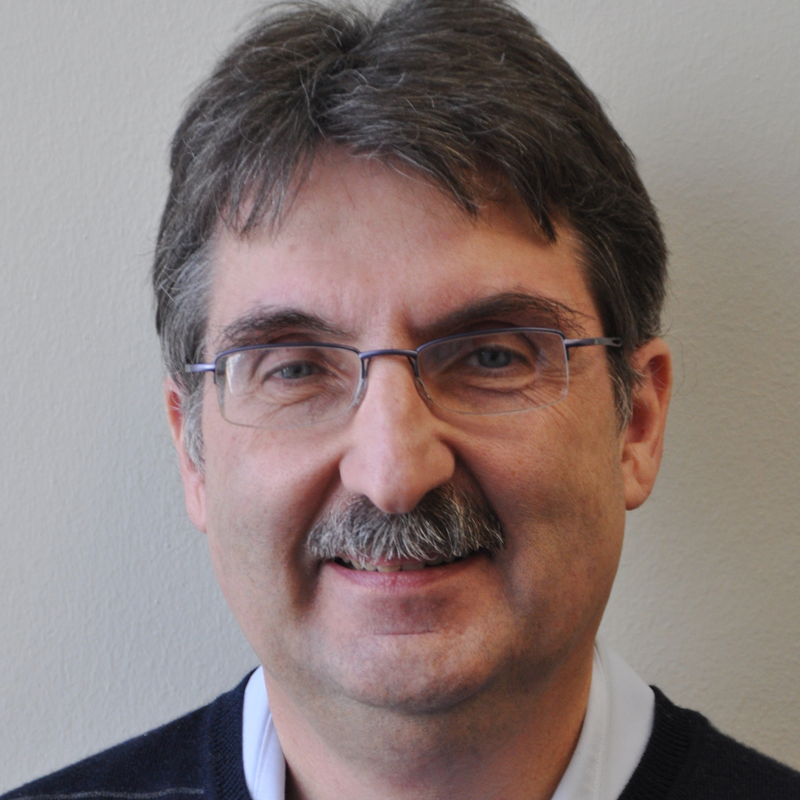

Buoyed by their success ignoring community input with its decennial redistricting, the Fresno County Board of Supervisors (BOS) has gone on the warpath against the citizenry.
On Feb. 22, the BOS rejected possible funding for a California Resilience Challenge grant that would have studied the impact of climate change on our community.
Public Health Director David Luchini said that the program would assess challenged populations on such issues as vulnerability to severe heat, droughts, wildfires and diseases from non-native mosquito species.
“Even during Covid, 70% of our county falls in that lowest quartile of highest-risk populations,” said Luchini. “We’re going to focus on the rural areas where these populations live to see how vulnerable they are.”
After hearing what the study would address, District 2 Supervisor Steve Brandau weighed in: “They might say after studying Fresno County weather in the month of August that we need a cooling center for 175 grand.”
That seemed to be Brandau’s talking point on the issue as he returned to it later in the discussion. “CBOs [community-based organizations] get the money to go out and tell us that we need a cooling center in Mendota when it’s over 100 degrees. I don’t need to spend 175 grand on that.”
Luchini added that the county would be partnering with CBOs for the grant project research. Brandau was having none of that. “Some of the CBOs [mentioned] have kind of a sketchy resume in Fresno County.” (He was referring to the highly effective Leadership Counsel for Justice and Accountability and Building Healthy Communities.)
“Here’s what happens. The CBO wants money,” says Brandau. “This grant the state’s offering, we need to partner with the University of Merced [sic]. The University of Merced makes that decision in under 30 seconds. They don’t care, they’ll study anything. They’ll agree to a grant to study anything.
“So, we have some great partners, like UCSF, you know, Community Hospital, they’re all willing to be a part of this, but they don’t care because it’s not their money, they’re just signing onto it.”
District 5 Supervisor Nathan Magsig, not one to let a colleague steal his thunder, intoned that “half of our electorate wants to move one direction, half the other. And so, I never want government to get put in the middle where we’re picking sides. So, everything that we do needs to be evidence-based and we need to be defensible.”
Then, true to his duplicitous track record, Magsig proceeds to refute his own guideline. “Do our partners support preserving and expanding agriculture and do they have a history of fighting to protect our agricultural economy?…If you can’t tell me that our partners support these things—this is at the core of who we are here in Fresno County—then I can’t support this process moving forward.”
District 1 Supervisor Brian Pacheco added that he tends “to agree with my colleague, Supervisor Brandau, we keep [the study] in-house.”
Exactly how is keeping the research in-house, under the purview of the BOS, with a requirement to support big ag, “evidence-based” and “defensible”?
Earlier in the same meeting, the BOS addressed a request from the Registrar’s Office for more voting machines.
Brandau asked Registrar James Kus if this was the item about the Dominion voting machines, and Kus replied that it was. Then Brandau did his best Magsig imitation.
“I think everything is going great in Fresno County…I have a little bit of trouble with us having adopted the Dominion voting systems. And it’s not that I believe they are failing here in Fresno County…
“But we have really lost touch with our society when it comes to our voting in the United States of America. At least a full 50% of the population really have issues with this Dominion system, and I don’t even declare that the Dominion system is bad.
“I am declaring that I don’t think that I can support it as long as 50% of our population is distraught about any of these issues. That’s a big problem we face in America.”
Wow, Magsig must be proud of his student.
Magsig, though, again in danger of being upstaged, added that “on many issues, we are polarized. It seems like this nation is split 50-50, but using the logic just laid out, there’s many issues that you would have to vote no on because at the end of the day half of the public nationally is going to be on one side of the issue and then half on the other.”
Magsig then voted for the voting machines. Brandau was the sole vote against the motion.
At the March 8 meeting of the body, the BOS addressed revisions to its legislative platform. Most of the platform includes noncontroversial references to various areas where state legislation could help the county and how that would be funded.
According to County Administrative Officer Paul Nerland, the item would “adopt changes in our legislative platform…I can say with confidence that the things you [the supervisors] identified as priorities have been added to the platform either specifically or they are already generally there.”
Brandau, who obviously had not read the platform, asked if several items were included. Nerland assured him that they were. For the record, the platform and a redlined version showing changes from the previous year were part of the supervisors’ meeting package and are available on the county website.
One of the items Brandau wanted to confirm was opposition to AB 2030, a bill introduced by Assembly Member Joaquin Arambula (D–Fresno) to create an independent commission for future Fresno County BOS redistricting.
Although none of the other supervisors had any issue with the legislative platform, they nevertheless felt obligated to pontificate.
District 4 Supervisor Buddy Mendes seemed to address the Groundwater Stabilization Act concluding “I kind of doubt that we’re going to actually have any [water] plan in this part of the Valley that will be acceptable.”
Then he added, “When you talk to some of the old-timers that have been in this deal for years, they’ll actually plainly admit that the state isn’t even following the law now.” How rich is that accusation coming from a supervisor given that the BOS has defied state law with its delinquent General Plan reporting for two decades.
Magsig then went out of his way to pander to Mendes’ comments, leading Mendes to respond that the state’s water policy “is basically taking the Soviet system and concentrating it, you know, at Soviet Headquarters in Sacramento.” (You can’t make up this stuff.)
But Magsig wasn’t done. He went on to “educate” the BOS (who else was he talking to?) on how fossil fuels are used. This was in opposition to a bill introduced by Sen. Scott Wiener (D–San Francisco [red flag! red flag!]). Magsig ultimately lamented that restricting fossil fuels would deny him shoelaces.
Subsequently, on March 15, Pacheco, as the BOS chair, drafted a letter to Arambula outlining the BOS’s “strong opposition” to AB 2030.
That opposition, however, is based on some false suppositions.
The letter states that “the County did not solicit information from the commissioner applications, nor select commissioners based on his/her political party preference.” So, the supervisors didn’t look at the applications when making their selections for members of the Redistricting Advisory Commission? And to say that party preference was not considered is disingenuous. Eight of the 11 commission members were Republican, and one supervisor stated that he intentionally chose both a Democrat and a Republican in his district.
The letter called the 2021 redistricting process a “transparent, collaborative success, that included a model for community outreach and greater access to information and mapping resources than ever before.” Community involvement was outstanding in the process, but that participation was driven by CBOs, not the BOS consultant’s poor outreach efforts. And if the process was a “collaborative success,” why did the BOS refute the will of the collaborative?
Moreover, the letter refers to maps not chosen that were “submitted by various special interest groups,” when, in fact, the map that the BOS finally chose was a slight tweak of a map presented by a Republican political operative with ties to each of the Republican supervisors. Talk about special interests.
In specific challenges to the Arambula proposal, Pacheco mentions the following:
- The bill “takes the redistricting process away from the voters.” The voters are already removed from the process as the supervisors egregiously confirmed with their decision to ignore the community’s voice. The Arambula bill puts the decision in the hands of actual voters.
- The bill “gives [authority] to appointed special interest groups.” Actually, eight of the 14 commissioners would be selected via a random drawing of applicants who meet the specified requirements. And those eight commissioners would choose the remaining six with respect to racial, ethnic, geographic and gender diversity.
Who do you think has the power now? There are two farmers on the BOS and a third who enthusiastically panders to ag. A fourth is the former head of the Central Valley Tea Party. Talk about special interests.
- The bill “proposes to usurp local control.” How exactly does a commission of 14 people, all from within Fresno County, “usurp local control”? The proposed commission, by definition, is local control. What it usurps is the power elite’s grip on power.
The new redistricting map approved by the BOS essentially ensures that four of the five incumbents will easily win reelection. The only potentially competitive district is the District 4 Mendes seat.
You’re probably sensing a pattern in the BOS discussions. Out of the gate, Brandau gets the wacky going, Mendes weighs in when there is an opportunity to trash Sacramento and Magsig concludes the discussion with his Wikipedia-inspired soliloquies. Pacheco tries to avoid being embarrassed by the others but votes with them anyway. And District 3 Supervisor Sal Quintero? Sal? Sal? Where are you?
*****
Act Now!
- Support AB 2030.
- Change the name of Squaw Valley.
- Accept grant funds to study the effects of climate change on our community.
- Spend ARPA money on the community as per the guidelines.
- Reverse your resolution to expand oil production in California.
Contact your supervisor now. Here are some issues you could raise:
Call them. E-mail them. Attend Board of Supervisors meetings. Hold them accountable.
District 1: Brian Pacheco (district1@fresnocountyca.gov, 559-600-1000)
District 2: Steve Brandau (district2@fresnocountyca.gov, 559-600-2000)
District 3: Sal Quintero (district3@fresnocountyca.gov, 559-600-3000)
District 4: Buddy Mendes (district4@fresnocountyca.gov, 559-600-4000)
District 5: Nathan Magsig (district5@fresnocountyca.gov, 559-600-5000)

